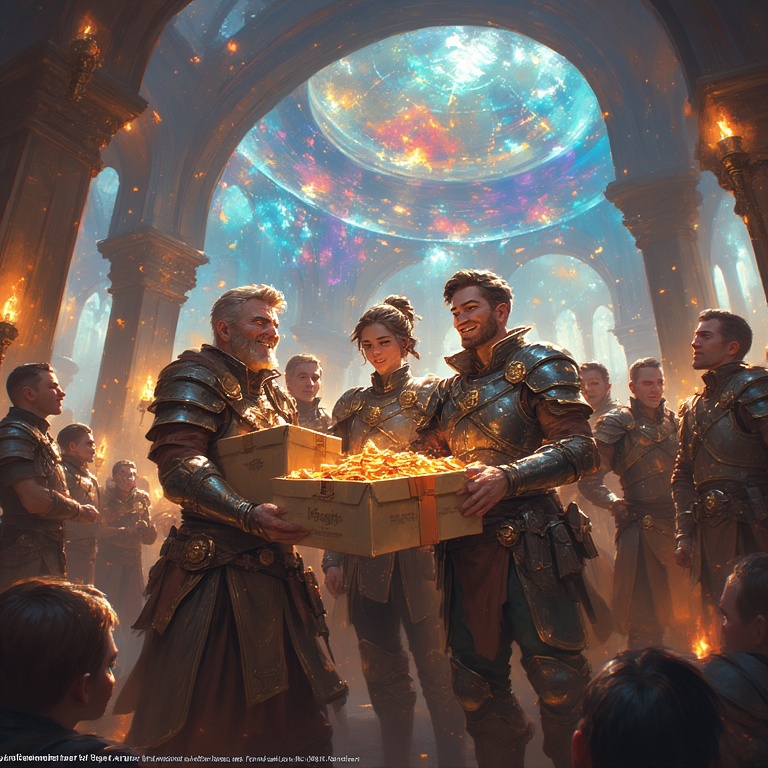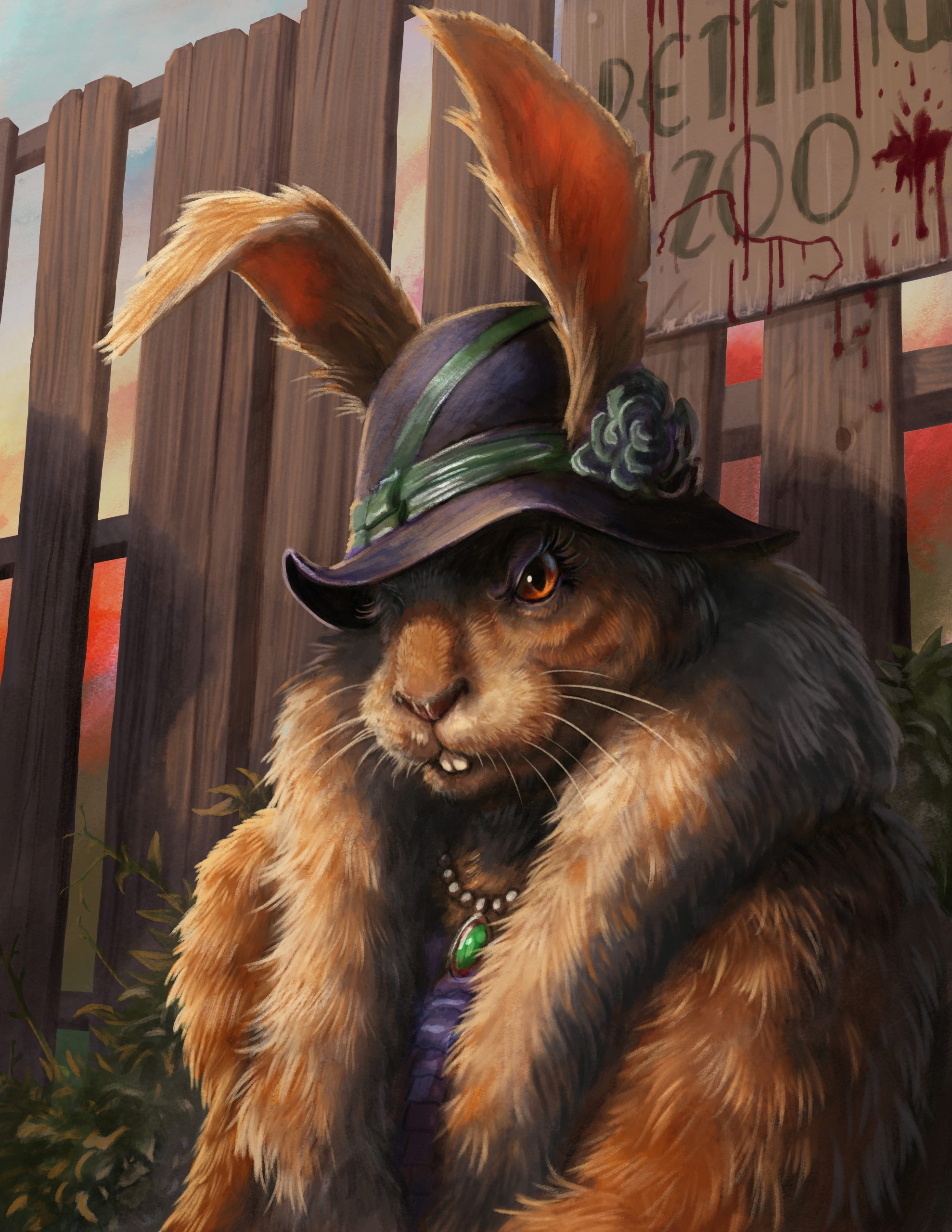
“The Dream in the Glass — A Horror Adventure in the Mind”
There are dungeons made of stone and steel, and there are dungeons made of memory.
The Dream in the Glass is the latter — a horror one-shot that takes place entirely inside your characters’ minds. There are no monsters in the traditional sense, no hordes of undead or gibbering fiends lurking in the dark. Instead, the terror comes from reflection, temptation, and the quiet question that haunts every hero: What would you give up to wake again?
Designed for a single session and suitable for nearly any level, this adventure trades combat for consequence. Players will face distorted echoes of their own pasts, versions of themselves that whisper soft lies, and a final moment of choice that tests not their strength, but their identity.
This is a story best told by candlelight — slow, deliberate, and deeply personal. A journey where every decision leaves a scar, and where the only enemy that truly matters stares back from the other side of the mirror.
So gather your party, dim the lights, and let them dream. But remember:
even when the dice stop rolling, not everything that follows you out of a dream is imaginary.
The Dream in the Glass
Adventure Tone: Psychological horror, surreal dread, moral tension
Level Range: 3–8 (scales easily — minimal combat)
Setting: A haunting dreamscape that feels like a place the characters should know but don’t.
Themes: Regret, temptation, identity, reality vs illusion
Hook: The Sleep That Doesn’t End
The adventurers take rest after a long journey—perhaps in a quiet inn, a campfire, or even a temple. They drift into sleep and all share the same dream.
They awaken standing in an empty hall of black glass, the surface beneath them reflecting their forms, though… distorted. One reflection smiles when they don’t. Another looks injured.
From the shadows, a voice whispers:
“One of you does not belong. Find the truth, or none of you will wake.”
A single grand door of white marble stands at the far end. It hums with faint light. The players soon realize: the door only opens if they face what the dream demands.
Act I — The Hall of Echoes
Goal: Establish confusion and tension.
Skill Focus: Insight, Investigation, Perception, Arcana
Room I: The Hall of Echoes
DM Read-Aloud:
The world comes into focus with the sound of breathing—your own, echoing a thousand times over.
You stand upon a floor of black glass that stretches endlessly in every direction. Beneath it, faint silhouettes move like things trapped under ice, whispering too softly to understand.
The air feels heavy, as though it remembers something you’ve forgotten. Each step you take sends ripples of reflection across the floor, distorting your image into something almost… wrong.
Ahead, the shadows shift and coalesce into familiar shapes—scenes from your past. A campfire. A battlefield. A face you once knew. Yet something in each memory is off: a word you never said, a wound that wasn’t there, a smile that shouldn’t be.
And then, a voice, soft as silk and cold as stone, whispers from nowhere and everywhere at once:
“Find the truth, or remain as echoes yourselves.”
Environmental Notes:
- The black glass hums softly underfoot.
- Reflections sometimes move independently for a few seconds at a time.
- Any spell of divination produces a headache or visual static.
As the party explores, they encounter echoes of their own memories projected into the glass: scenes from their past adventures, but slightly wrong.
Each player sees something personal:
- A lost loved one calling for help.
- A mistake replaying, but someone else’s face replaces theirs.
- A betrayal that never happened.
Allow each player to choose whether to engage or ignore these visions.
- Insight (DC 14): Realizes the memory is too perfect.
- Arcana or Religion (DC 15): Detects that the dream is being manipulated by an external force.
- Failure: The memory “pulls” them in — they must make a Wisdom saving throw (DC 14) or lose track of time, suffering one level of exhaustion when they “wake.”
When all players have experienced one echo, the white marble door opens slightly—just enough to pass through.
Act II — The Feast of Mirrors
Goal: Temptation and choice.
Skill Focus: Persuasion, Deception, Insight
Room II: The Feast of Mirrors
DM Read-Aloud:
A sudden brightness blinds you as you pass through the marble door.
You stand in a ballroom of impossible beauty—gilded chandeliers hang above, though no light touches them. The walls are mirrored, every surface reflecting your movements in strange delay.
At the room’s center sits a grand table draped in crimson cloth. It is laden with steaming platters of roasted meats, sugared fruits, and decanters of glimmering wine. The scents are intoxicating, nostalgic—meals you’ve loved, from places you no longer recall.
Then, from the far side of the table, movement.
Your reflection steps free of the mirror.
It smiles warmly, gestures for you to sit, and in your voice—perfectly matching—says:
“You’ve done enough. Let us take it from here.”
Environmental Notes:
- The mirrored walls pulse faintly, as though breathing.
- The sound of cutlery on plates continues even when no one moves.
- The reflections cast no shadows.
They enter a lavish ballroom filled with empty tables, except one: a grand feast prepared just for them. Sitting at the table are reflections of themselves — perfect duplicates, smiling politely.
Each duplicate speaks in their voice:
“We are what you could have been. Sit. Eat. Forget the pain. We will live for you.”
If they sit and eat:
- The food tastes like their favorite meal.
- But it turns to ash as they swallow.
- One of the duplicates takes their place in the dream. That player’s voice starts coming from the wrong mouth.
Choices here define their mental strength:
- Refuse to eat: Wisdom save (DC 13) to resist exhaustion or confusion.
- Confront duplicates: Charisma (Persuasion or Intimidation, DC 15) — success causes the reflections to dissolve, whispering, “Then carry your regret.”
- Attack duplicates: Their blows pass harmlessly through — they only harm their own reflections (Psychic damage 1d8).
When the last plate is overturned or eaten, the feast vanishes, and a staircase descends into darkness.
Act III — The Voice of the Sleeper
Goal: Realization and loss of control.
Skill Focus: Insight, Wisdom, Charisma saves
Room III: The Voice of the Sleeper
DM Read-Aloud:
The descent feels endless—like falling through silence. When you finally land, the air is colder, heavier. A faint blue glow reveals rows of stone slabs… and on each slab, a body.
Your body.
Every scar, every twitch, every detail perfect and still. Across each forehead glows a single rune, pulsing like a heartbeat.
The silence breaks as the same disembodied voice murmurs again, now closer, now intimate—
“You cannot wake until you leave something behind.”
The dream trembles as if listening for your answer. The runes flare brighter, bleeding soft white light that pools like milk across the stone.
You feel the weight of decision—something inside you knows that whatever you give here, you will not get back.
Environmental Notes:
- The glow from the runes beats in rhythm with the players’ real heartbeats.
- The air smells faintly of ozone and tears.
- Touching your own dream-body feels like touching cold wax—soft, pliant, and wrong.
Descending into the dark, they find themselves lying on stone slabs, asleep. Their real bodies. Each body bears a symbol carved into the forehead — glowing faintly.
A voice echoes again:
“You cannot wake until you leave something behind.”
One by one, the characters must sacrifice something of meaning to “wake”:
- A memory
- A spell
- A class feature
- An ideal or bond
They must choose what they lose.
Insight (DC 15) reveals that refusing means being trapped forever — but the dream may lie.
Once all have made their choice, their dream-bodies crumble into sand, and they awaken—
Epilogue — Waking
The characters wake where they last rested.
Their gear is intact, but each finds something that shouldn’t be there:
| Roll | Waking Sign (choose or roll 1d6) |
| 1 | A shard of black glass in their pack. When looked into, the reflection blinks independently. |
| 2 | A white marble key they don’t remember taking. |
| 3 | One of their reflections in water doesn’t move in sync. |
| 4 | Their hand bears a faint glowing mark that fades when touched. |
| 5 | A note in their own handwriting: “I made the right choice this time.” |
| 6 | Their shadow lags behind them by a half-second. |
If the DM wishes, the characters may later encounter people or places from their “dream,” implying something (or someone) followed them back.
Closing: “When the Dream Ends”
When your players awaken from The Dream in the Glass, let them breathe — but don’t let them rest.
The true horror of this adventure isn’t what they faced, but what they lost. A forgotten name. A missing emotion. A shadow that moves half a second too late. These are not just details — they are the fingerprints of the dream, proof that something in them did not return whole.
In D&D, death is rarely final. But loss — true loss — can be far more unsettling. It lingers in the quiet moments between sessions, in dreams, in small realizations that something just isn’t right.
Let that feeling simmer.
Let them wonder if the dream ended, or if they simply woke up somewhere else.
Because sometimes, the dungeon doesn’t vanish when you leave it.
Sometimes, it leaves with you.
Thanks for reading. Until Next Time, Stay Nerdy!!













No Comments